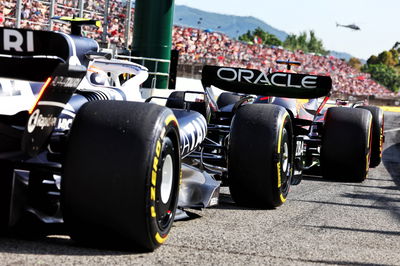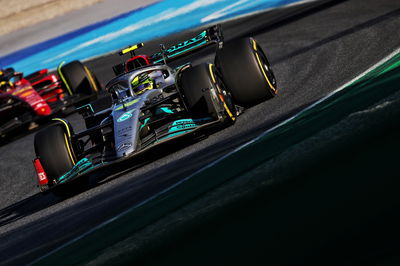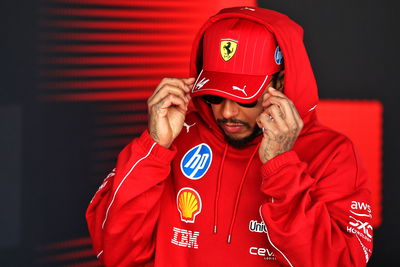'They got ahead of themselves' - Why Porsche-Red Bull F1 deal fell through
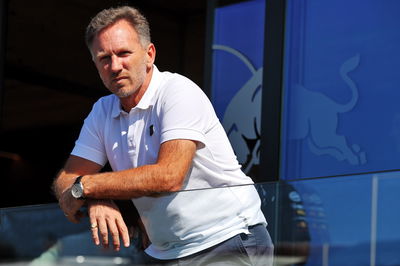
Porsche called off their planned engine tie-up with Red Bull from 2026 on Friday morning ahead of the Italian Grand Prix after the two parties failed to reach an agreement.
The German car company had been targeting an F1 entry in line with new engine regulations in 2026 and were expected to join forces with Red Bull. Sister Volkswagen Group brand Audi announced their F1 entry in 2026 last month.
Porsche said they will continue to explore joining F1, adding in a statement “the racing series nevertheless remains an attractive environment for Porsche, which will continue to be monitored.”
Speaking to media including Crash.net on Friday evening at Monza, Horner explained Red Bull’s side and stressed Porsche’s announcement came as no surprise.
“I think big organisations need significant planning, and I think were slightly getting a bit ahead of themselves, but there was never a binding commitment signed between the parties,” said Horner. “That must have been subjective on their part.”
A leaked document in July revealed that Porsche was seeking to buy a 50% stake in Red Bull Technology, the company that develops and manufactures Red Bull Racing’s cars and parts for AlphaTauri.
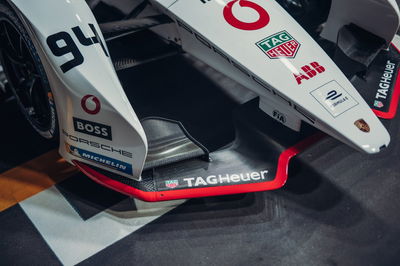
“The discussions were only exactly that - there were only ever discussions, there was nothing ever signed or agreed,” Horner explained.
“So I’m not going to go into the detail of what those details were or entail, but one the strengths this team has has been its independence, at times it instils all of the virtues and values of Red Bull - as a challenger, as a maverick - and it’s one of the core attributes that has enabled us to be as successful as we have in the sport to date.
“We didn’t want to diminish those or dilute those in any way and they’re fundamental principles for how we will also attack the challenge of the power unit.”
Horner added: “One of our core strengths has been our independence and our quick decision-making and lack of bureaucracy.
“We’re a race team fundamentally and that enables us to make quick decisions, effective decisions and react very quickly as a race team.
“I think we’ve seen on so many occasions manufacturers have been less autonomous in their decision-making and that was a key aspect of protecting what we have and how we operate, which has proved to be reasonably successful.”
Red Bull would be ‘stupid not to listen’ to offers
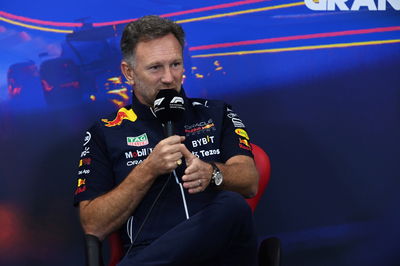
Horner said Red Bull would be open to the prospect of a collaboration with another manufacturer, though he made it clear the Milton Keynes outfit is “pushing ahead” with their own plans, which he stressed are “not dependent on other potential partnerships”.
“We’d be stupid not to listen,” Horner admitted. “But it would have to fit strategically and complement what we are doing to ensure it followed the same roadmap that Red Bull Powertrains is on.”
Asked whether a potential Honda comeback would render the Red Bull Powertrains project effectively useless, Horner replied: “Not at all. Our train has left the station for 2026, we have an engine prototype running, we have all of the dynos commissioned. We’re up and running.
“Honda, again, is a great company. They announced their withdrawal from F1 to focus their attention on the electrification of their product, moving away from a combustion engine.
“You would assume that if they were looking to return to F1, that would have to be taken into account. Whether or not there was some interest on the battery side and any potential synergies there could be an interesting discussion.
“But the combustion and mechanical side of the engine, we’re on a roadmap to 2026 that we’re very happy with.”
Horner added that once the Red Bull Powertrains facility is fully operational, it will have the capability to supply up to four teams on the F1 grid.
“I think obviously we have the burden of costs of existing power units at the moment, plus development,” said Horner.
“But by the time we get to 2026 the budget cap will have fully kicked in and the cost will become far more bearable than they were two or three years ago. So the cost cap was fundamental to becoming a new entrant.
“The way we’re structured, we have the capability, within the facility of producing engines up to four teams. But that certainly won’t be the initial goal. The initial plan is to obviously supply the two Red Bull-owned teams.”
